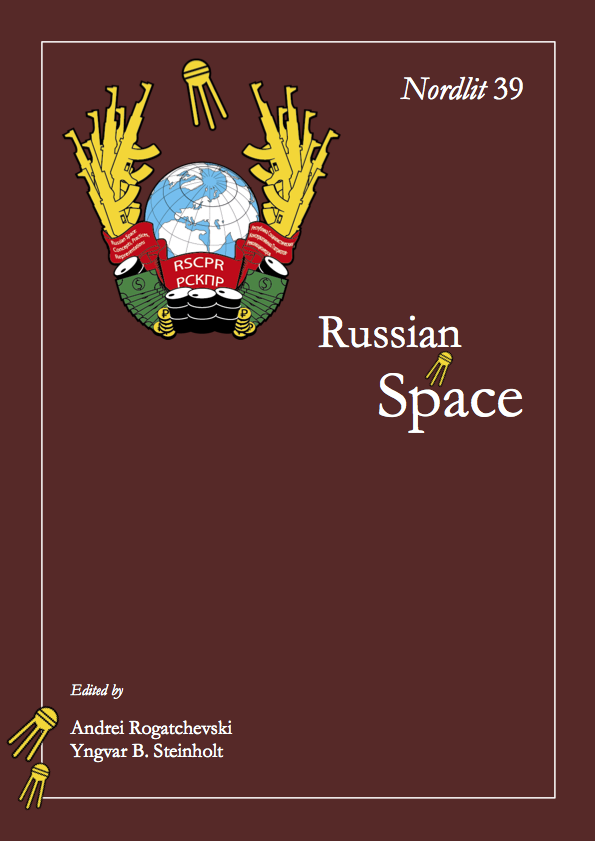Ruin philosophy, poetic discourse and the collapse of meta-narratives in Aleksandr Kushner's poetry of the 1970s
DOI:
https://doi.org/10.7557/13.4188Keywords:
Aleksandr Kushner, ruins, historical consciousness, historical cataclysm, progress, teleology, modernity, contingency, Fedor Tiutchev, Edmund Burke, Denis Diderot, Hegel, Georg Simmel, Walter BenjaminAbstract
This article offers an analysis of the trope of ruin in the poetry of Aleksandr Kushner (born 1936), in particular through a close reading of two of his poems: “In a slippery graveyard, alone” and “Ruins”. The analysis of these poems is preceded by an overview of ruin philosophy from Burke and Diderot to Simmel and Benjamin, with particular emphasis on the way the trope of ruin contemplation stages a confrontation between the self and what transcends it (death, history, nature, etc.). This philosophical background serves as a heuristic tool to shed light on the poetry of Kushner. Through the trope of ruin, Kushner explores the legitimacy of poetic speech after the collapse of all meta-narratives. Kushner has no truck with Diderot's solipsism, nor with Hegel's bold narrative of progress, nor with Simmel's peaceful reconciliation with the creative forces of nature. Nor, really, does he intend to bear witness to history, the way Benjamin does in the faint anticipation of some miracle. Instead, Kushner posits the endurance of a community united not around a grand project, but around the idea of carrying on in the face of everything, muddling through despite the lack of hopes for a transformational future and making the most of fleeting moments of positivity that emerge out of the fundamental serendipity of history.









